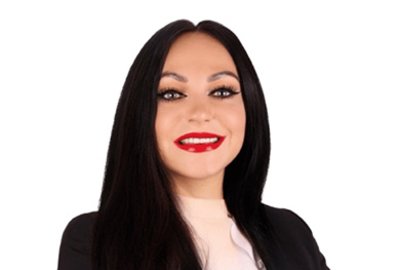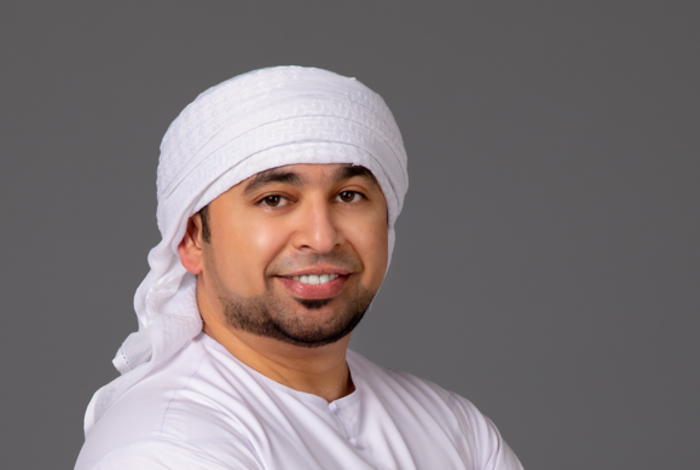Qatar & GCC Trademark Law
In a significant move towards harmonising intellectual property standards within the Gulf Cooperation Council (GCC), Qatar has taken a pivotal step by adopting the GCC Trademarks Implementing Regulations. This landmark decision not only underscores Qatar's commitment to regional cooperation but also carries substantial implications for trademark protection and enforcement across the GCC member states.
The new law, which was negotiated collectively by six member states (Kuwait, Bahrain, Oman, Saudi Arabia, Qatar, and the UAE) and published in 2013, can only be enacted in countries that have officially published it along with their national implementing regulations. However, the UAE stands as the sole GCC nation yet to adopt it, and it's improbable that it will in its current version. This is because the UAE introduced a new Federal Trademark Law in January 2022, which, while incorporating many elements from the GCC Trademark Law, also has several differences and expansions.
Among several amendments to Qatar’s previous trademark law, the new legislation, which came into effect on 10 August 2023, offers a clearer set of criteria on what qualifies as a well-known trademark, provides greater predictability for both authorities and brand owners in decision-making processes related to trademark recognition, and includes changes to certain fees.
This article looks at the key features of the new regulations and their implications for GCC brand owners.
What are the main changes to Qatar’s Trademark Law?
- Clarifying what constitutes a well-known trademark
The new Qatar trademark law now more clearly defines what constitutes a well-known trademark. This means that trademark authorities have a more specific and standardised framework for protecting famous trademarks that are widely recognised in the GCC member states even if they are not registered.
- Amendments to what defines a trademark
Article 2 of the Qatar Trademark Law states that color marks, sound marks, and smell marks are admissible as trademarks, suggesting that it will be possible to secure registrations of such marks in Qatar and across the GCC.
- Allowance of multi-class applications
Multi-class applications are now part of the new legislation. However, in practice they have not yet been implemented, meaning that their acceptance will be at the discretion of each GCC country. The new updates now have a provision for foreign words if a certified translation of the word is given along with an indication of how to pronounce it in Arabic. If accepted, multi-class registrations will speed up the application and renewal process and reduce costs.
- Compliance with requirements imposed by the trademark office
The new legislation has extended the time allowed for meeting any additional requirements or amendments requested during the trademark application. Applicants will now have 90 days instead of the previous 60 days, providing more time for compliance and an improved opportunity for successful trademark registration. Unfortunately, the fees involved with registrations, renewals and recordals have also been increased, which makes it harder for brand owners to register a trademark in a region where the costs are already significant. The penalties for trademark infringement have also been raised in a move designed to align trademark laws across member states and prevent counterfeit and substandard goods from entering the market.
- Reduced opposition period
Trademark applications will now be published to allow for any opposition. The period allowed for filing an objection against a published trademark application has also been reduced from 4 months to 60 days. This is intended to expedite the trademark registration process while also providing sufficient time for third parties to prepare and submit any arguments against a proposed trademark before its acceptance.
- Departure from the assumption that similarity or dissimilarity of goods can be determined solely on classifications.
Article 9(2) of the GCC Trademark Law offers a notable departure from the existing practices of trademark offices in GCC countries, like Qatar and the UAE. These offices often determine the similarity or dissimilarity of goods and services solely based on their assigned classifications, which can sometimes be out of touch with real market conditions. In contrast, the GCC Trademark Law acknowledges that products and services within the same category can exhibit significant differences, allowing similar trademarks to coexist. Conversely, treating items as unrelated simply due to distinct classifications can be manipulated to evade rejections, exploiting the classification system. To address these issues, the GCC Trademark Law underscores the importance of a more thorough examination process that looks beyond surface-level class-based comparisons.
- Temporary trademark protection during international exhibitions
Trademarks are now eligible for temporary protection during officially recognised international exhibitions. This is a positive move that encourages innovation and the introduction of new products and services, as businesses are more likely to showcase their latest developments in a secure environment. It will also contribute to smoother international trade by providing legal safeguards for trademark owners in the region, thereby reducing risks associated with exhibiting in foreign markets.
Conclusions of the New Qatar Trademark Law
These recent developments in the GCC Trademarks Implementing Regulations mark a significant change in Qatar’s trademark law and a crucial step towards harmonising intellectual property standards in the GCC region and aligning trademark practices with international standards.
While the increased fees and penalties may present challenges for brand owners, the extended time for compliance and reduced opposition period aim to streamline the trademark registration process. Moreover, the departure from the assumption that similarity or dissimilarity of goods is solely determined by classifications brings a more market-oriented approach to trademark recognition.
In light of these regulatory updates and Qatar's proactive stance, brand owners operating across the GCC should consider reassessing their trademark strategies and ensuring compliance with the evolving trademark laws in the region.
How can PRO Partner Group help?
PRO Partner Group has an experienced team with in-depth knowledge of business practices in Qatar and close connections with key government departments.
We can assist you with preparing and filing trademark applications that comply with the new law’s requirements, helping to maximise the chances of successful registration. We will conduct comprehensive trademark searches to identify potential conflicts or infringements with existing trademarks, ensuring that your business chooses distinctive and protectable marks. We can also keep track of trademark renewal deadlines and ensure that your trademarks remain in force, and in the unlikely event of disputes or infringements, we can provide guidance on enforcement actions and legal recourse.
If you need assistance with this or any other related onshore or offshore company setup, restructuring, local partner or PRO support matter in Qatar, Abu Dhabi, Dubai, the wider UAE, Oman, or Saudi Arabia, then please do get in touch with us on +974 4478 8765 Qatar or +971 4456 1761 Dubai , or alternatively you can email us at info@propartnergroup.com or complete the contact form below and we will be delighted to assist you.
















































